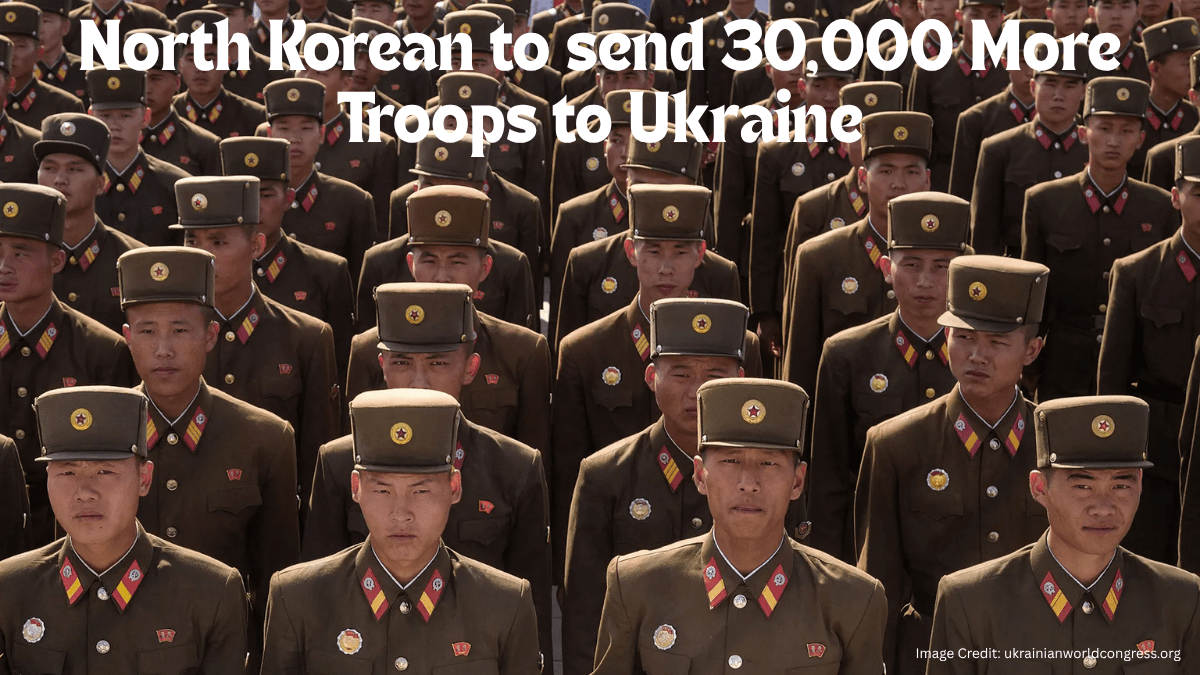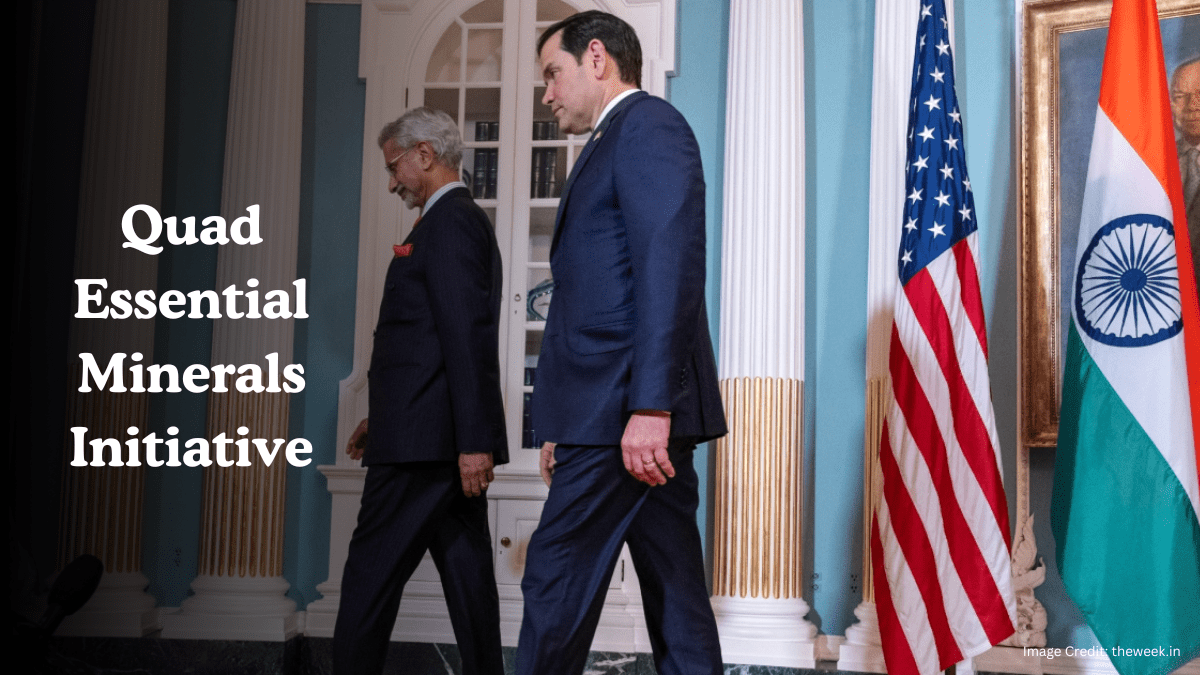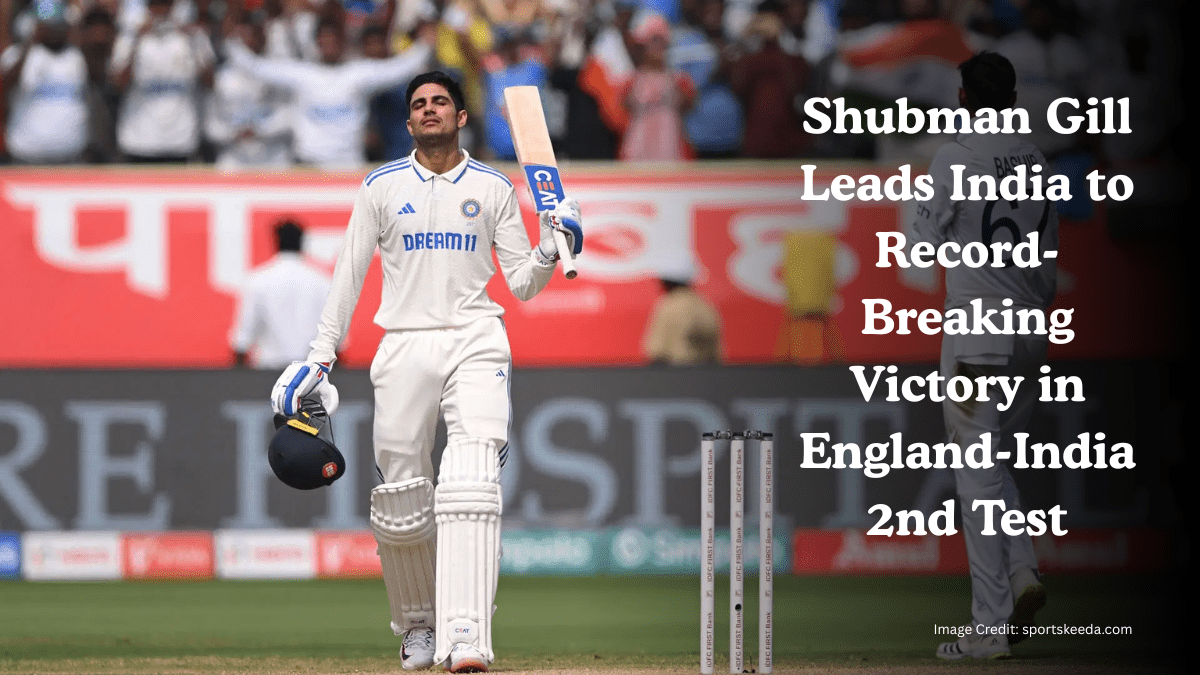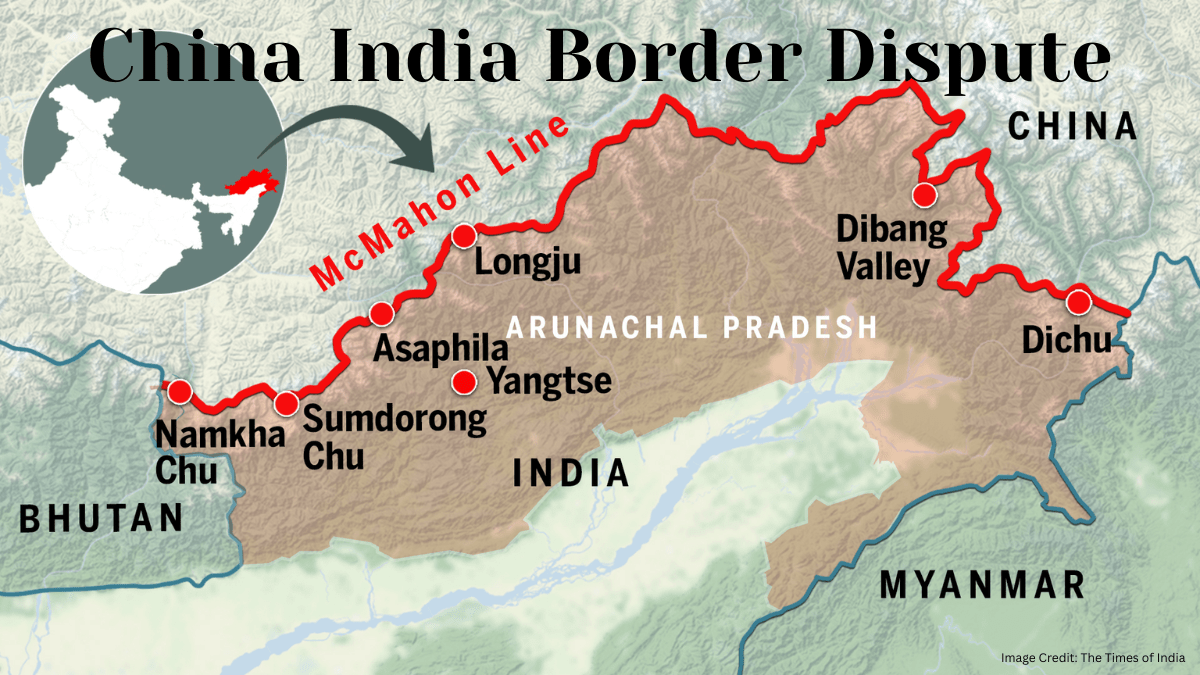Civilian Nuclear Deal – Washington Looks to Build Peace Through Civilian Energy Proposal
June 28, 2025 7:14am IST
Table of Contents
Truce Brings US and Iran Back to Nuclear Negotiating Table
A major development is unfolding in the Middle East. Following a fragile ceasefire between Iran and Israel, the United States has proposed a civilian nuclear deal to Iran.
The Trump administration is exploring a plan that may provide up to $30 billion in investment for a non-enrichment nuclear energy program in Iran. This is part of a broader strategy to bring Tehran back to the negotiating table.
Behind Closed Doors: A Strategic Offer
According to sources, discussions began with a secret meeting held last Friday. US special envoy Steve Witkoff met Gulf leaders at the White House.
The goal? Develop a peaceful nuclear energy path for Iran that doesn’t involve enriching uranium. The civilian nuclear deal is being seen as a fresh attempt to avoid another spiral into conflict.
Civilian Nuclear Deal: Key Conditions
The main terms of the civilian nuclear agreement include:
- Iran can pursue a civilian-use nuclear program,
- But it must not enrich uranium.
Like the United Arab Emirates, Iran could also bring in enriched uranium from other countries instead of making it themselves. This has been described by US officials as the only acceptable path for Iran’s nuclear development.
“Zero enrichment – that’s the red line,” said one US official. This condition is at the cornerstone of the proposed civilian nuclear deal.
Also Read:
Investment Could Reach $30 Billion
If Iran agrees to the deal, it could unlock $20 to $30 billion in funding.
This investment would help rebuild and expand Iran’s nuclear infrastructure for energy generation only. Importantly, none of the money would come from the U.S. Treasury.
Instead, Gulf countries like Qatar and the UAE would provide the funding, as they also seek regional stability.
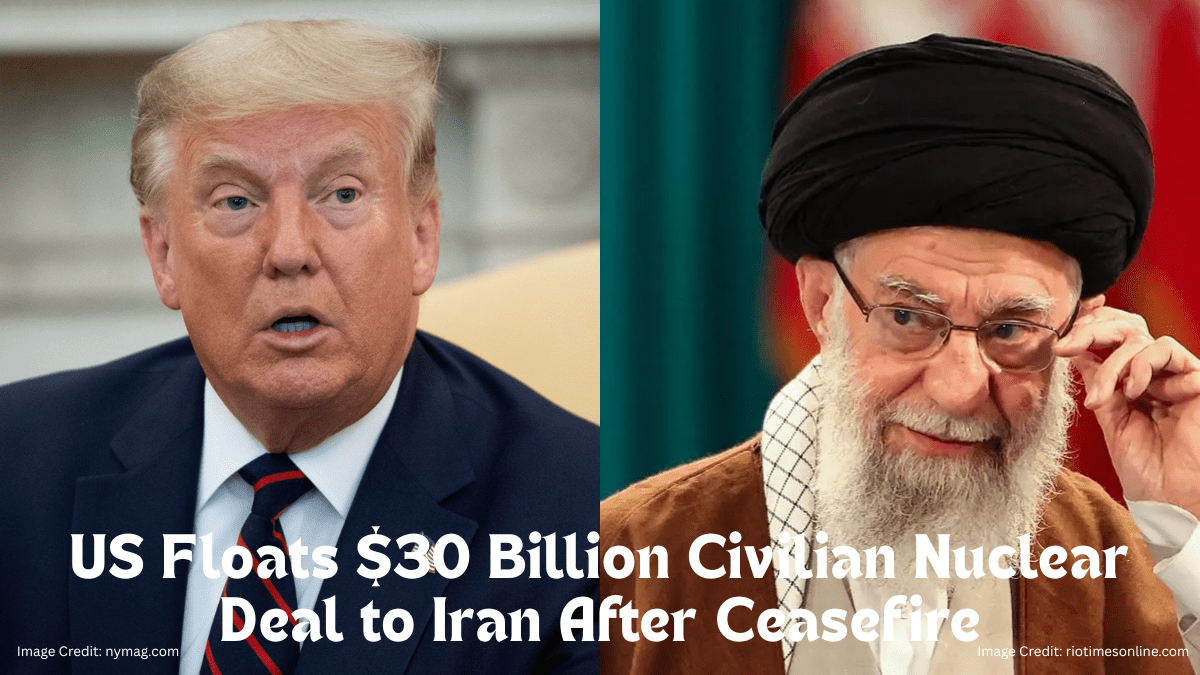
Rebuilding Fordow with Peace in Mind
One of the ideas being discussed is the replacement of Iran’s Fordow nuclear facility, recently targeted in airstrikes.
The site could be rebuilt—not for weapons, but as a civilian-only nuclear energy centre. Again, this would be part of the larger civilian nuclear deal supported by Gulf allies and monitored internationally.
More Than Infrastructure: Incentives on the Table
The proposal goes beyond construction.
The U.S. is also offering Iran:
- Ease to certain sanctions.
- Giving Iran access to $6 billion currently held in foreign banks.
These steps are meant to build trust and offer Iran a strong economic reason to re-engage diplomatically.
Qatar’s Critical Role in the Talks
So far, the U.S. and Iran have been talking to each other through regional intermediaries, like Qatar.
Qatar has been instrumental in helping negotiate the recent ceasefire and passing messages between the U.S. and Iran.
Officials say Qatar has played a crucial role in keeping talks going. They have been helping finalise the civilian nuclear deal.
A Shift from Confrontation to Diplomacy
US officials believe this is the moment for diplomacy. The civilian nuclear deal is not just a technical offer, it’s a peace strategy.
Witkoff told CNBC that his team is in active discussions with various intermediaries. “I think Iran is ready,” he said.
At a recent NATO summit President Trump, said differently, “I don’t care if we get an agreement or not.”
Work continues behind the scenes.
Iran’s Tough Choice: Accept U.S Offer or Pursue Nuclear Power
Iran has long argued that enriching uranium is vital for its nuclear energy program. Sanctions hurt Iran’s economy badly and it becomes more isolated. Therefore, taking the deal might be its smartest move.
The challenge is whether Iran will see this offer as a diplomatic win or a strategic compromise.
Nuclear Watchdog Tensions Rise
There are also concerns that Iran may resist any new deal. Iran’s parliament approved legislation to cut cooperation with the UN’s nuclear inspectors, a few days ago.
This move has raised fears that Iran could go the opposite way, accelerating its nuclear weapons potential.
That makes the civilian nuclear deal even more urgent, as a way to reverse mistrust and avoid escalation.
Also Read:
Interrupted Talks May Resume
The U.S. and Iran have had five rounds of nuclear talks before the Israel-Iran clash. A sixth round of talks had been scheduled in Oman, but the attacks forced its cancellation.
At that time, the idea of a civilian nuclear deal was already being considered. With the ceasefire holding, there’s hope that talks could restart soon.
Direct Talks Could Be the Next Step
So far, most conversations have been through third-party nations. But the Trump administration hopes to move toward direct negotiations with Iran soon.
Secretary of State Marco Rubio says the U.S. and Iran must talk face-to-face to make a real deal and not just messages passed through other governments.
A Deal That Could Redefine the Region
The proposed civilian nuclear deal offers Iran a choice. In exchange for halting uranium enrichment, Iran can receive billions in investment, access to frozen assets, and a return to international cooperation.
It’s not just a nuclear deal—it’s a potential turning point for regional peace.
It is to be seen whether Iran accepts the offer. But with stakes this high, the world is watching closely.

